




What is community life?
Deciding to live in a community is becoming an increasingly available and popular option – a tendency that maybe stands as a response to the flaws of our dominant individualistic culture. If you are curious about what it is like to live in a community, here are 10 elements of community life that you might find surprising – drawn from the collective (wink!) experience of our 50-year-old Community in Denmark.
1. It’s in our nature
If you have ever heard of that interval between 2 millions and 12 thousands years ago when humanity was organized in communities of hunters and gatherers, it might not be new to you that we have evolved to thrive in community settings. Today, a large body of research confirms that tight, long term social bonds improve our health and overall fulfilment.
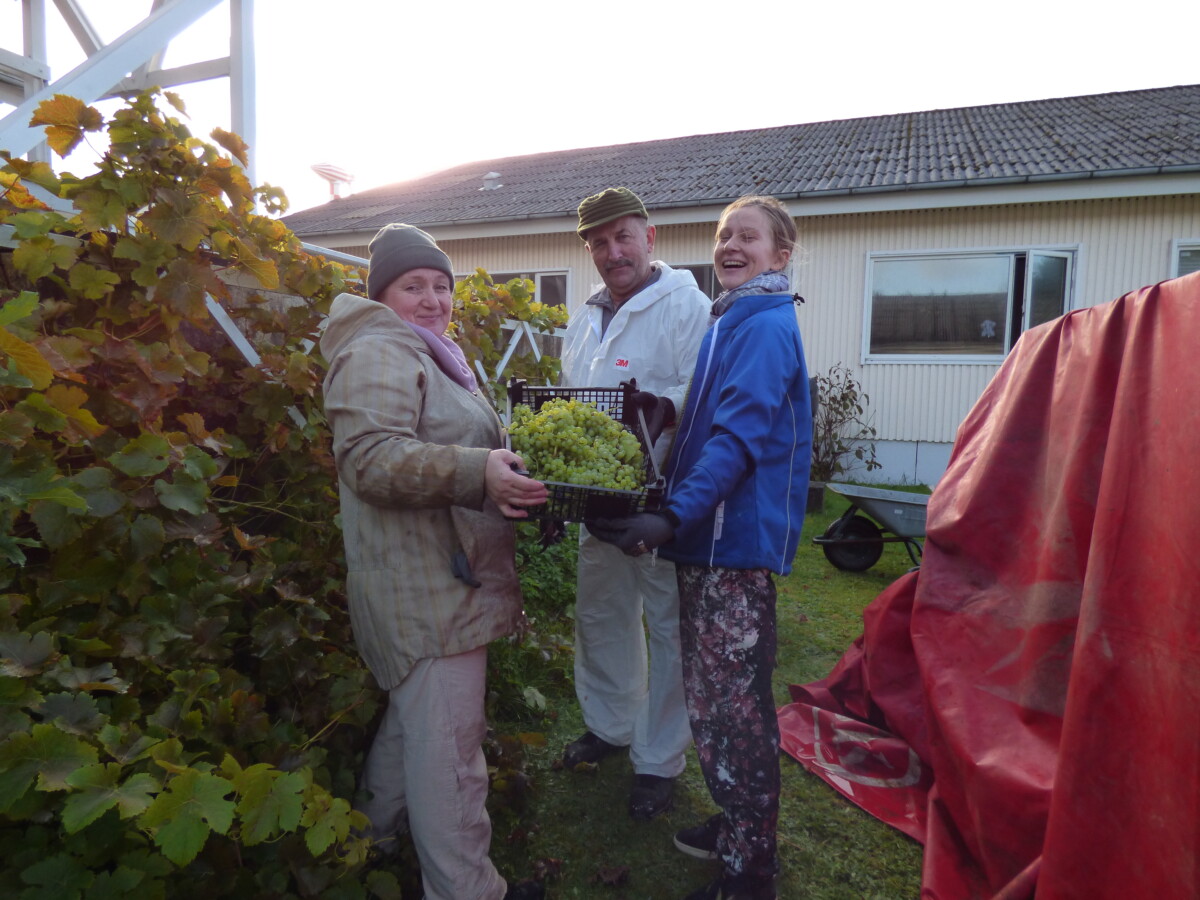
2. … but it’s a cultural shock
As much as it is natural and fulfilling to live in a community – for most of us making the switch can be quite a cultural shock. In a globalized but rather homologated western world, becoming part of a community might be a bigger cultural shock than moving to a different European country – it will feel alien and uncomfortable, at first, as you challenge the deepest, subconscious convictions of what life is supposed to be like.
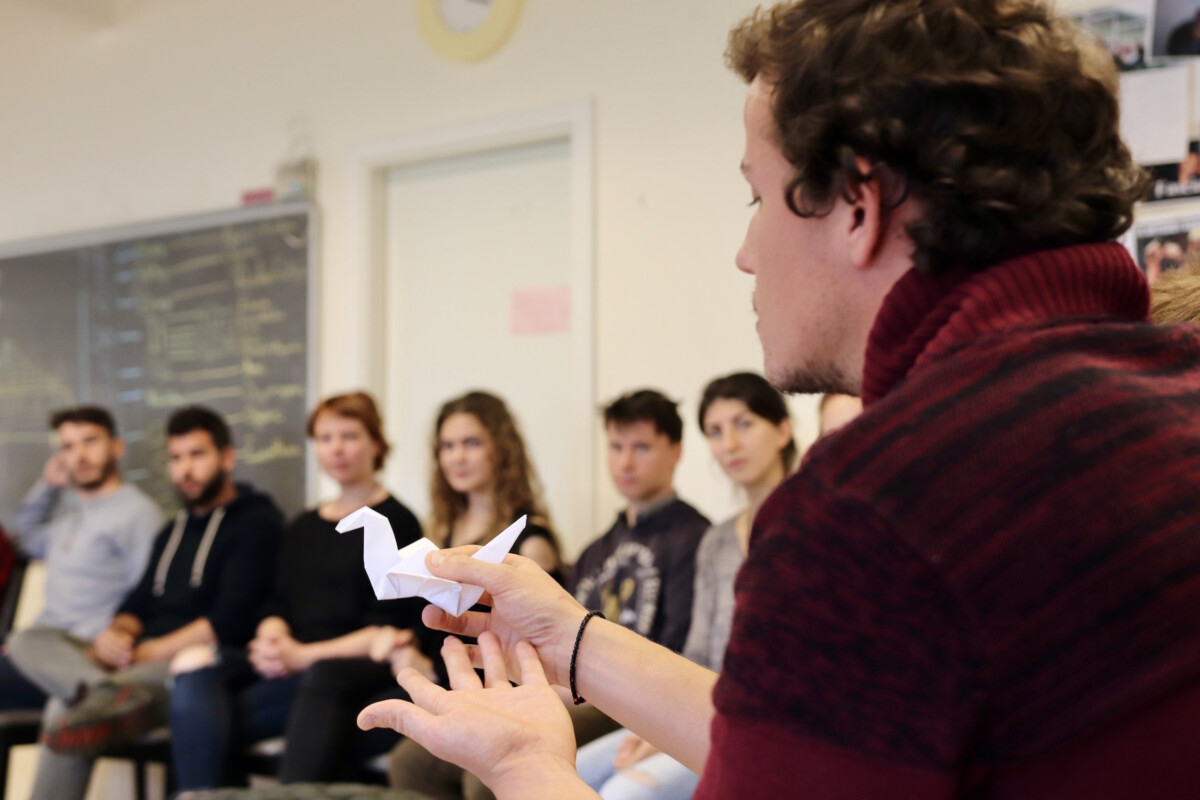
3. It doesn’t matter if you are “social” or not
When I first moved to a community, I was worried that this kind of lifestyle would show to be incompatible with my introverted personality. To my surprise, I found that community life is not about being over-exposed to other people at random – it is rather about building deeper, longer lasting connections with a stable group of people.
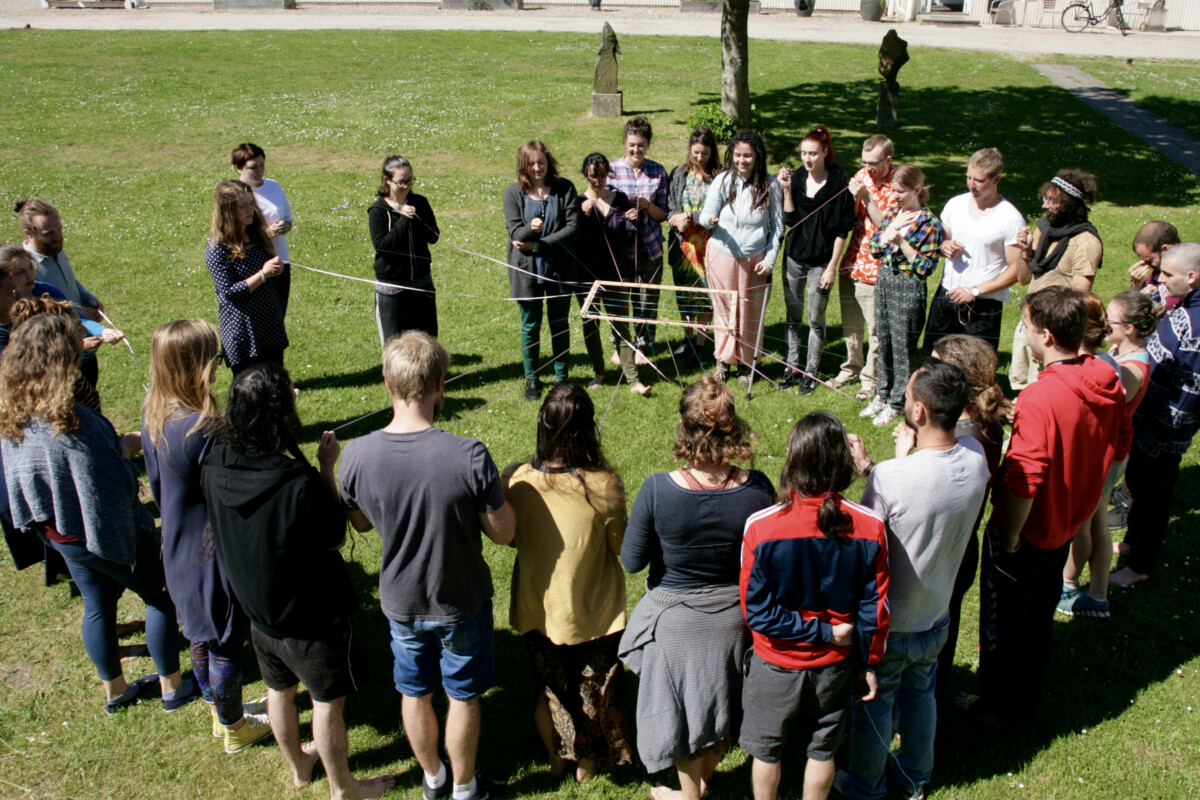
4. It can be comforting
Knowing to be part of a group of people – that they know you and count on you, even – is quite reassuring. Feelings of loneliness and anxiety fade away when you realize that the people around care for you and are there to support you if something were to go wrong. For many of us, this feeling came by as an unexpected but pleasant byproduct of community life.
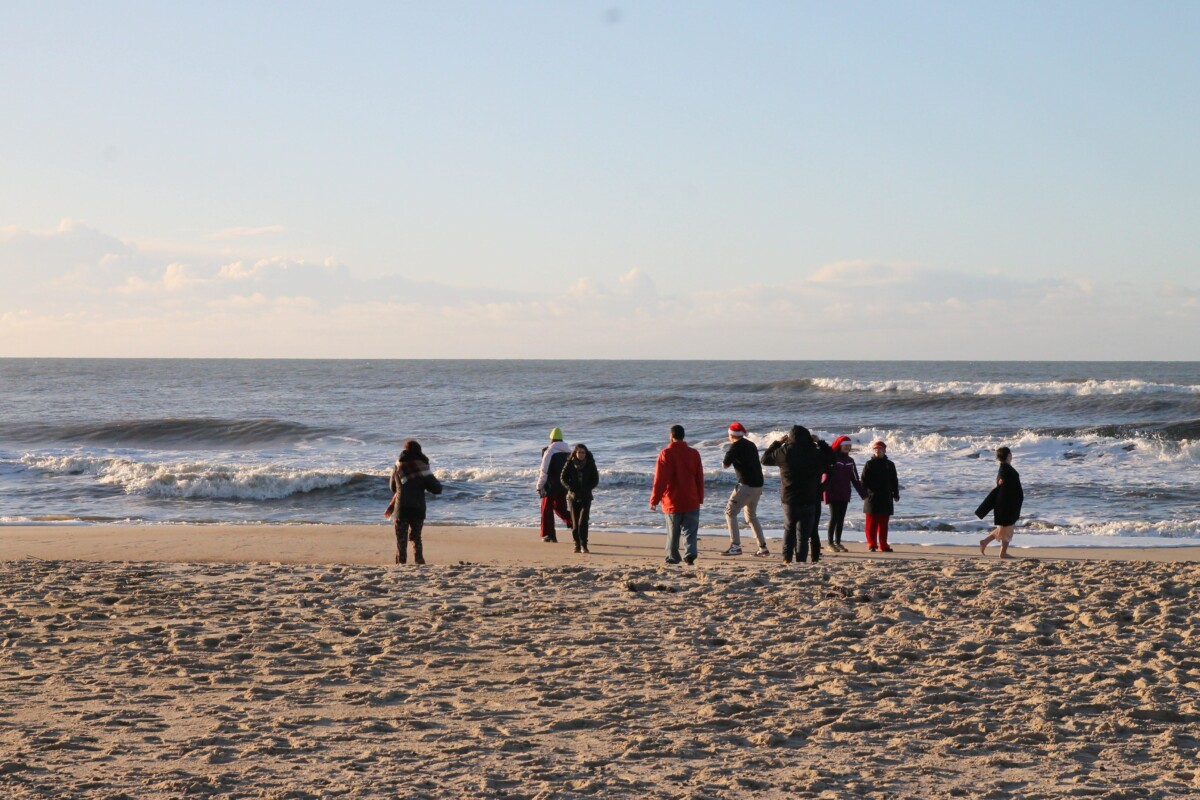
5. It will change how you look upon “normal” society
As we were saying: community life will challenge your subconscious convictions of what life is supposed to be like, which were formed by growing up in an individualistic world. While doing so, this experience will also reveal your convictions – leading you to question the postulates that lay at the very base of our societies. A simple example: what are families? Why have most of us come to base our social security on the possibly smallest nucleus in our society?
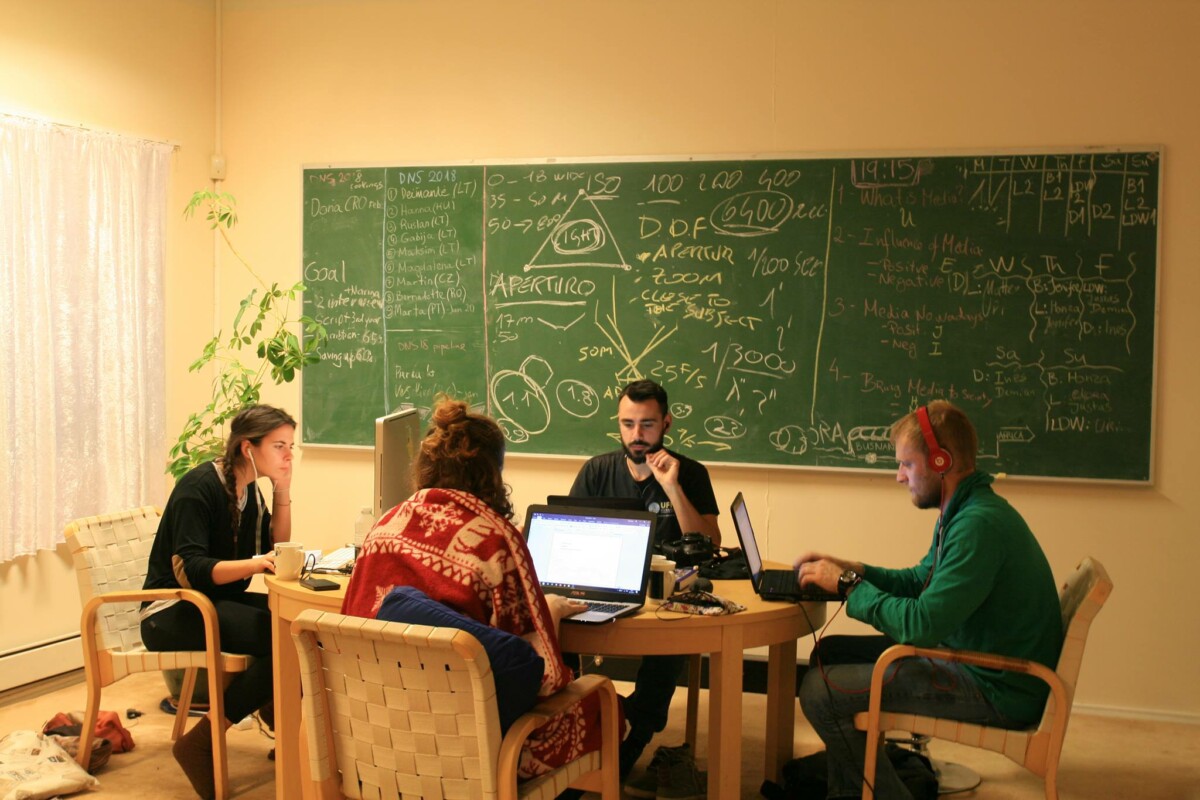
6. You can achieve more
It sounds simple, but it continues to surprise us: living in a community will allow you to achieve things you couldn’t possibly dream of achieving alone. The power of a committed group of people, united by a common vision or goal, shows in its accomplishments – our community, for example, regularly organizes large scale events we are very proud of.
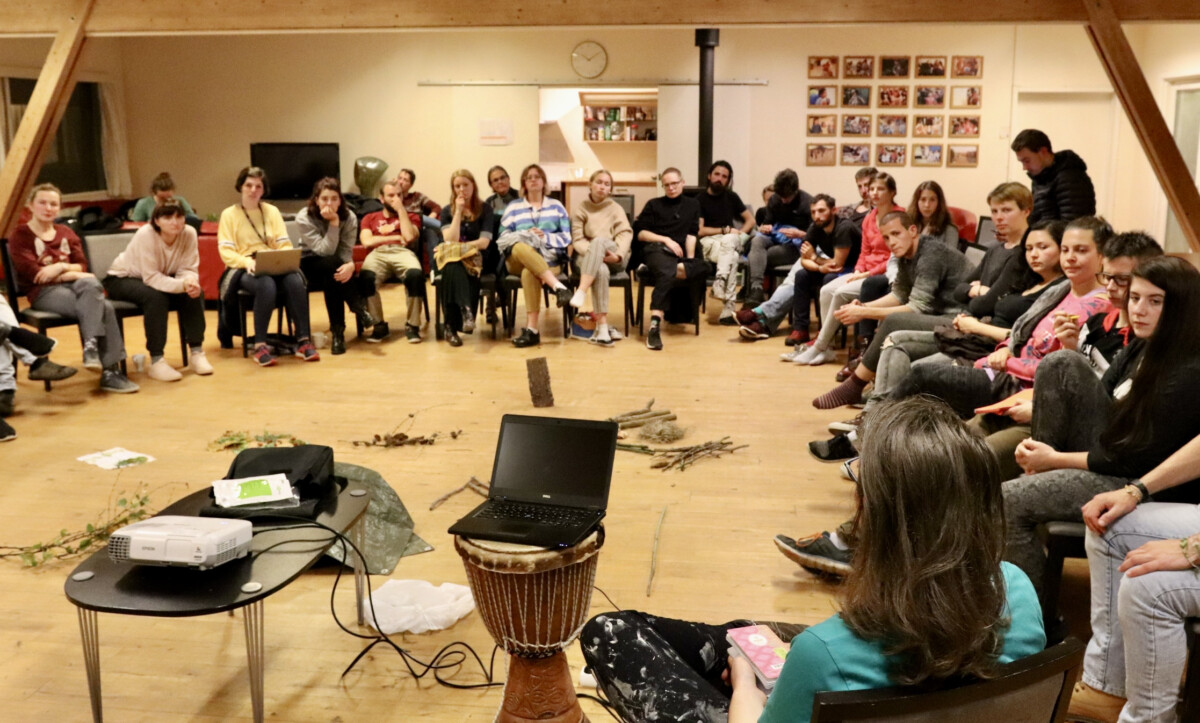
7. It’s not just about living together
Community life is not just about living in the same place – it is about spending time and doing things together. Not only that – most importantly, it is about looking outside of the community itself, staying in contact with the changing world, reacting to external dynamics, while holding onto a common vision of togetherness.

8. You share common responsibility for your life together
Community life makes it possible for people of different mindsets to be together about how they want to lead their lives: sharing tasks, too, is a decision to be taken in common. This gives space for a mindful distribution of work: it is not necessarily the “practical people” who always take care of “practical things”, just as it is not only the “political people” who always do the politics.
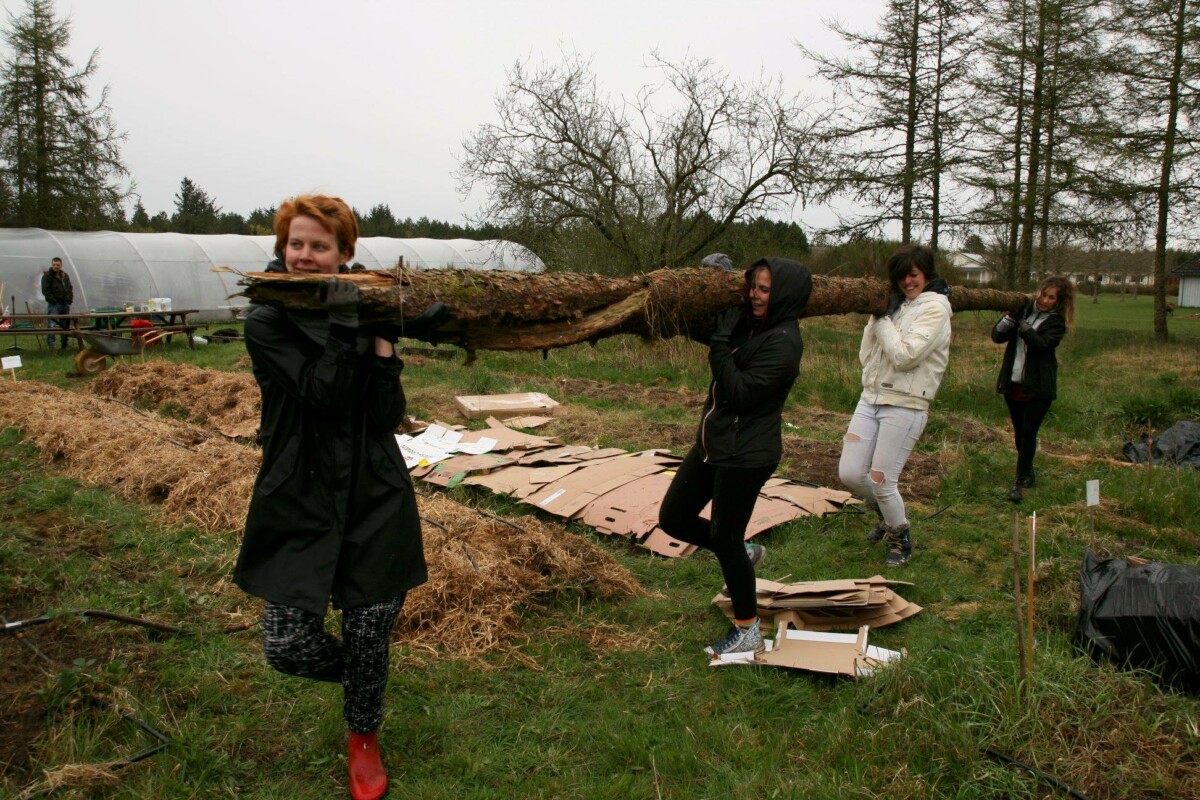
9. It creates a surplus
Living together creates a surplus in different dimensions: an economical surplus, in the first place, but also a surplus in time, workforce, and capacity to achieve ambitious goals, as mentioned earlier. This makes every community a powerful, independent agent inside a bigger society – able to look outside of itself and act on its world according to the will of its members.
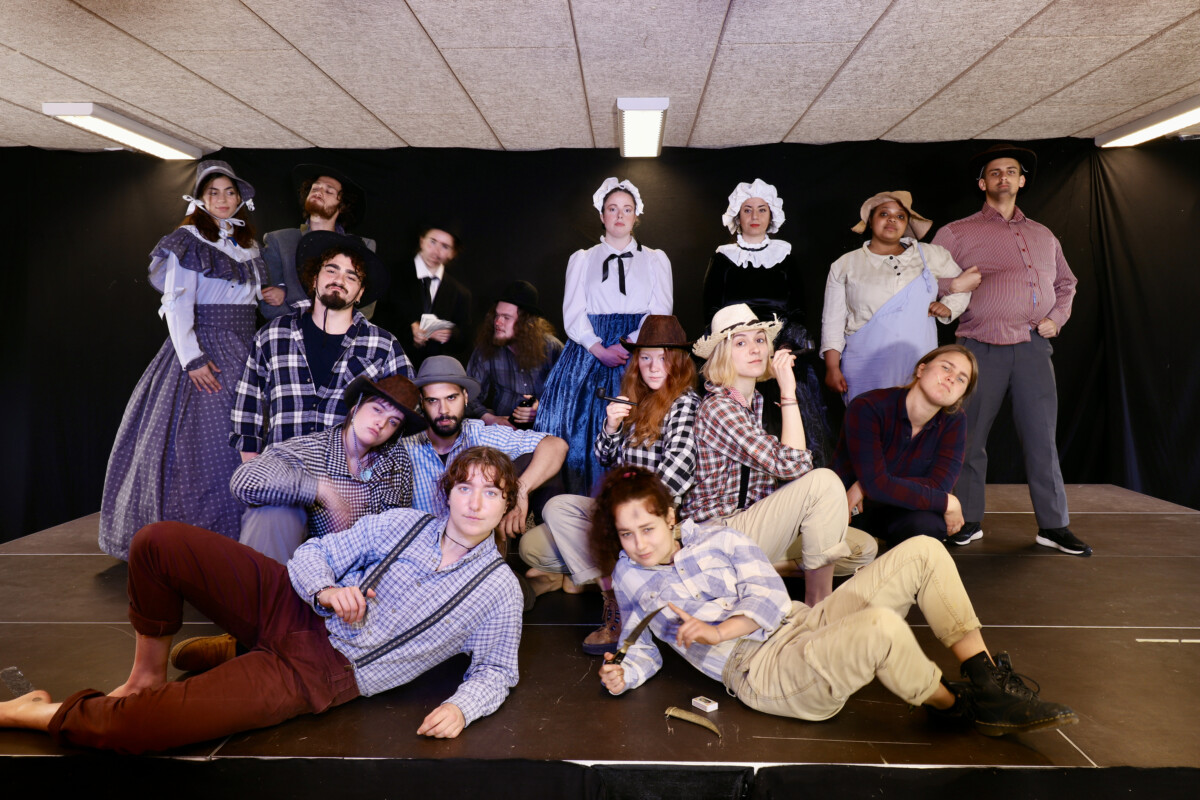
10. It enriches everyone’s lives
Deciding together how to distribute tasks, disposing of a surplus, feeling supported… it doesn’t sound too bad, right? At their best, communities can truly be brilliant, democratic and comforting ways of organizing people – which do good to their members and to the bigger society at large.
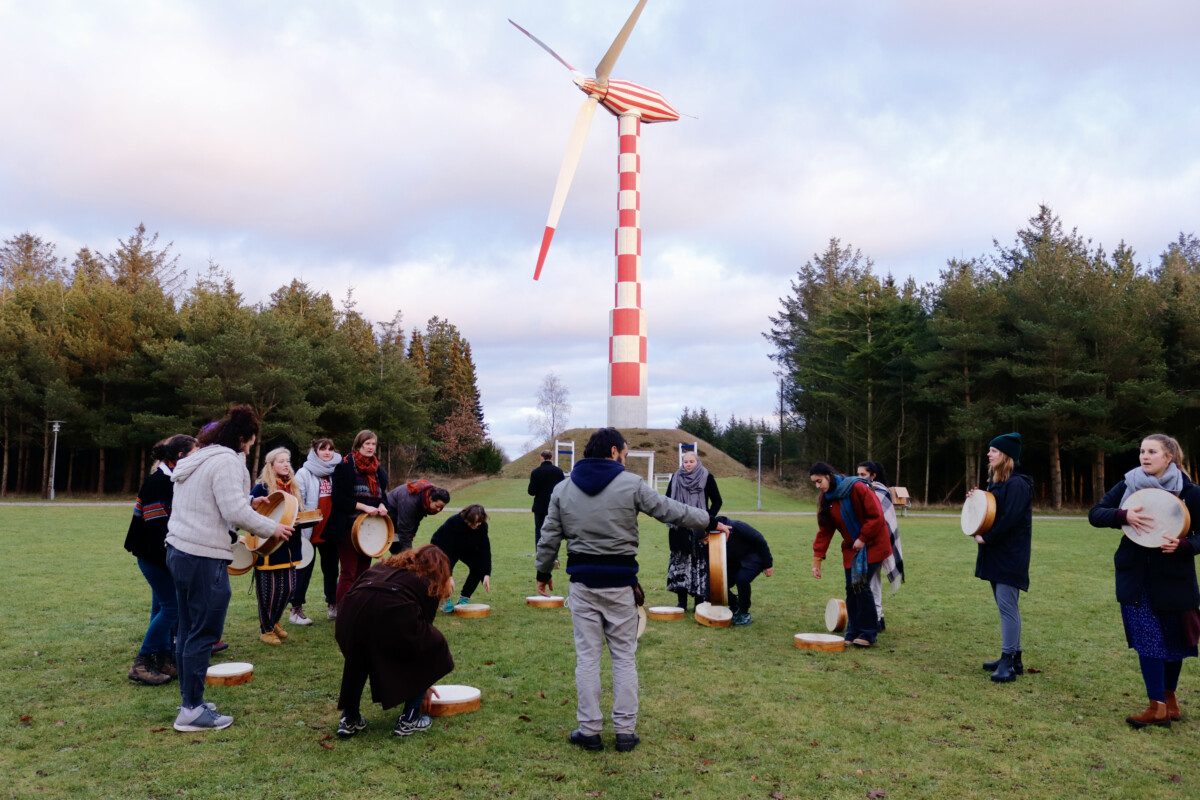
Conclusion
With these 10 unexpected aspects of community life, we hope to have cleared your ideas on what living in a community can feel like. Of course, it is worth mentioning that there is no ‘one type’ of community, and the information given above is drawn from the specific example of our community in Denmark. Dropping all positive or negative connotations, though, we believe these features can be associated, one way or another, with most experiences of communal living.
What was unexpected to you? And how did you imagine living in a community yourself?
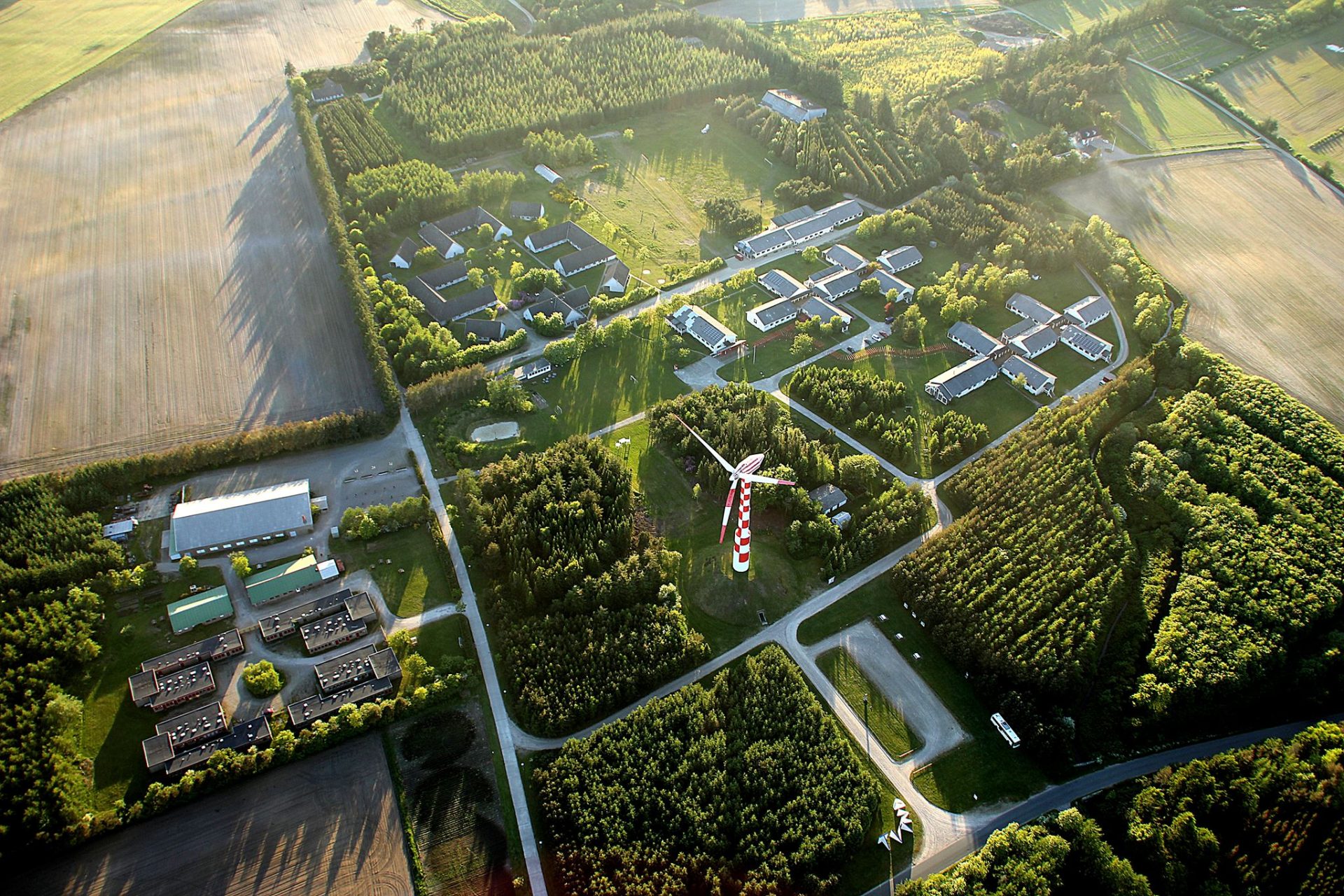
Our community
Tvind is our international community based in Denmark. It serves as a base for different educational institutions – care homes and schools – lumped together by a strong tradition of being untraditional. DNS, our Bachelor course in alternative education, is an integral part and driving force of the community.
Looking outwards
Our learning community is based on values such as togetherness and inclusivity. Not only that – we believe that it is our duty to react to the changes and dynamics of the world around us, and to act on the present reality.
Sustainability
Although far from perfect – in Tvind we do put an effort into caring for our environment. Our historical windmill and our school garden go hand in hand with our commitment to educating ourselves about the Climate Crisis and its interconnectedness with other global issues.
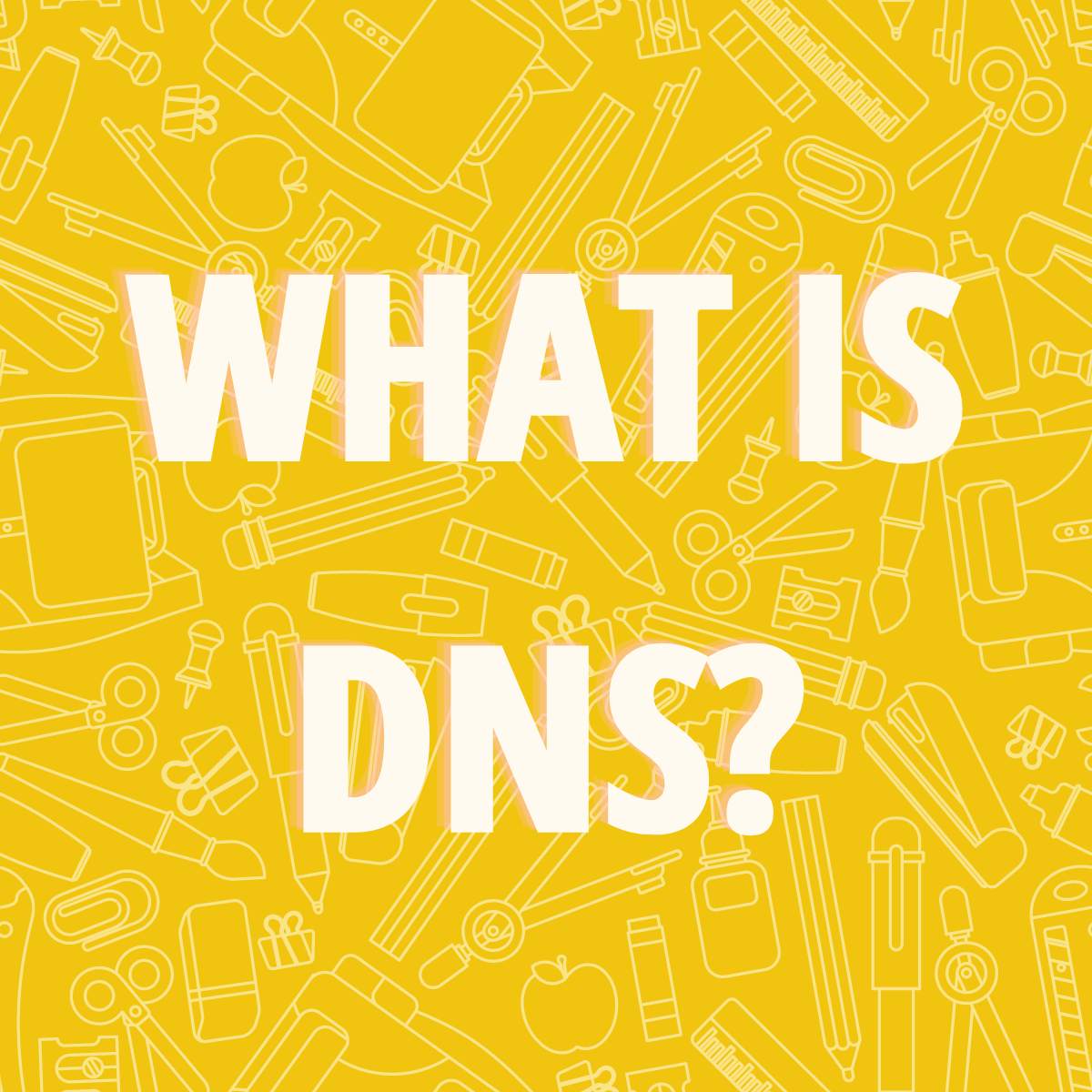
What is DNS?
“The Necessary Teacher Training College” is an alternative higher education aiming to train progressive personalities who are able to understand and respond to the many challenges of our times.
Based in Denmark, our 4-year Bachelor Programme aims to enable its students to become global citizens and proficient educators.
Since DNS was established in 1972, over 1.000 graduates have played an important role in bringing equitable quality education to children and youth, as well as in all sorts of other projects and development programmes worldwide.

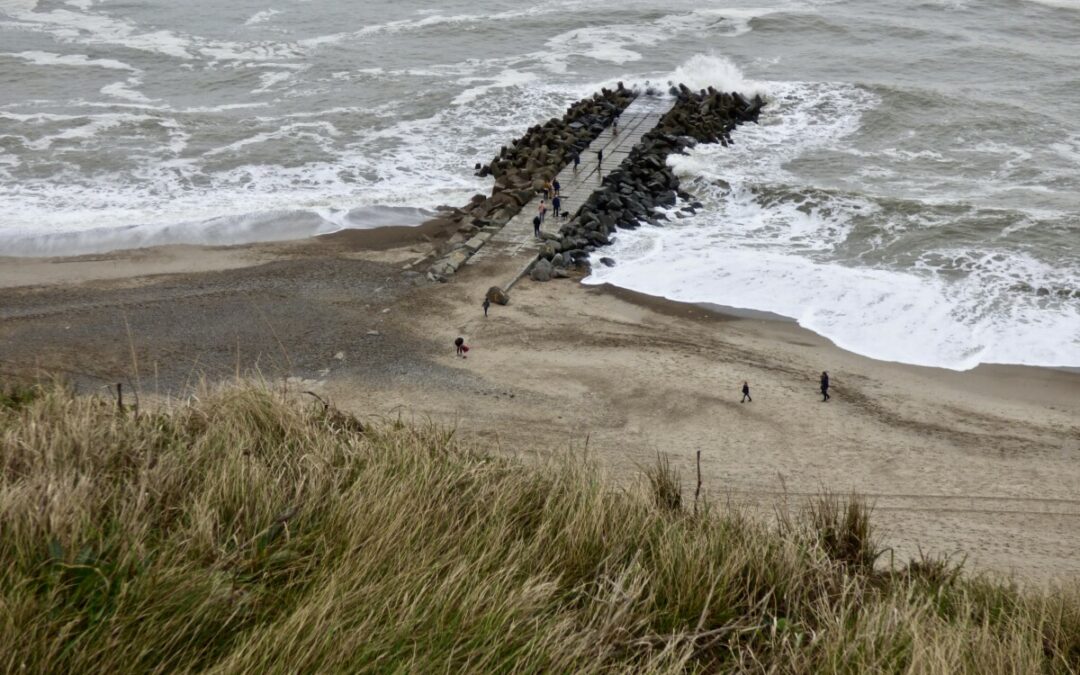
Student experiences: “The white noise around Climate Change”
Information about Climate Change is vastly available – yet there is little we understand and act upon collectively. Are we educated enough to face the upcoming crisis? And do we need a new vocabulary to better understand and interpret this major issue?
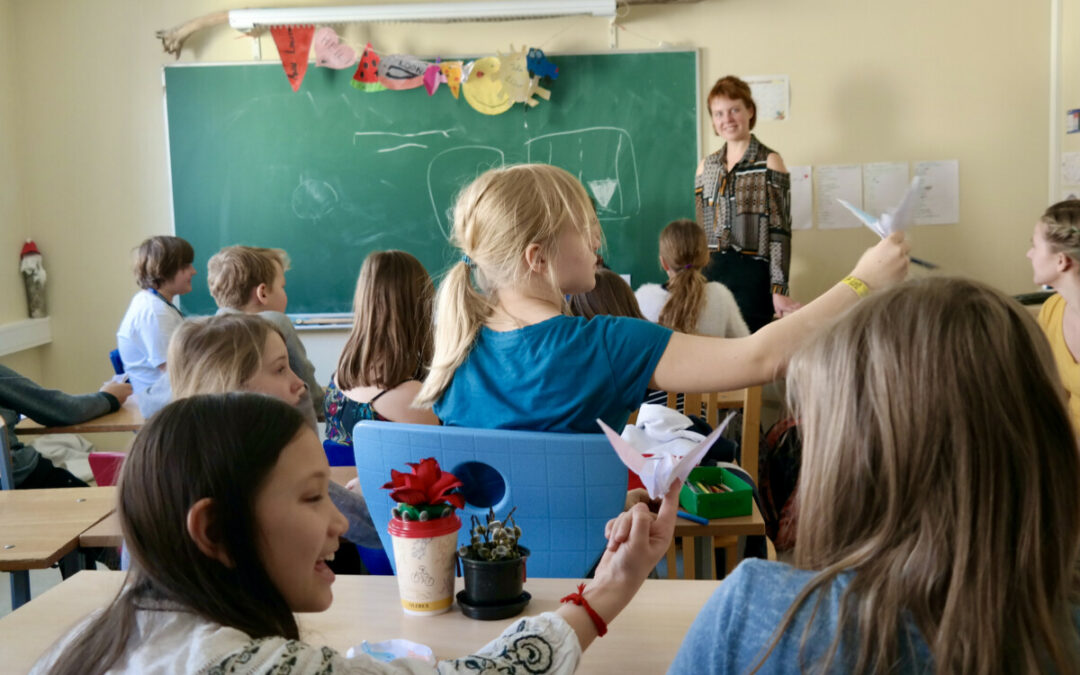
How can we prepare the next generations for the challenges of the future?
What does the future have in store for us? How can we help the next generations to deal with a future of challenges and struggles caused by the failures of the past?

Student experiences: “What really causes Climate Change”
What are the causes of climate problems? How does the global warming work? What are all the things that humans do that negatively affect the climate, and how do they compare? What are some potential solutions to these problems, and how should they be addressed?

Let’s start a discussion!
Did you like this article? Let us know what you think in a comment!
“At their best, communities do good to their members and to society at large”
Here is what others think:
7 Comments
Submit a Comment


Student experiences: “The white noise around Climate Change”
Information about Climate Change is vastly available – yet there is little we understand and act upon collectively. Are we educated enough to face the upcoming crisis? And do we need a new vocabulary to better understand and interpret this major issue?

How can we prepare the next generations for the challenges of the future?
What does the future have in store for us? How can we help the next generations to deal with a future of challenges and struggles caused by the failures of the past?

Student experiences: “What really causes Climate Change”
What are the causes of climate problems? How does the global warming work? What are all the things that humans do that negatively affect the climate, and how do they compare? What are some potential solutions to these problems, and how should they be addressed?

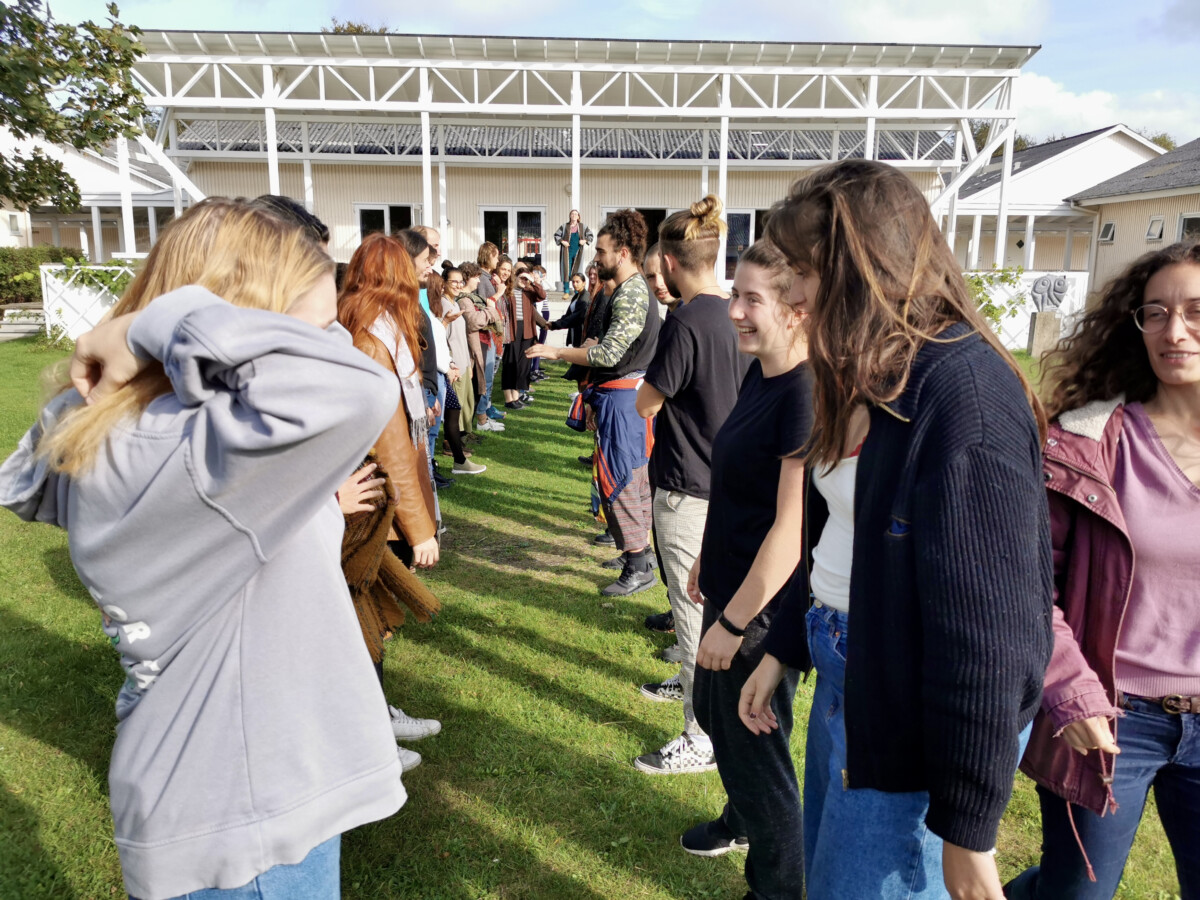


Margaret Thatcher said in an interview with “Woman’s Own”:
“They are casting their problems at society. And, you know, there’s no such thing as society. There are individual men and women and there are families. And no government can do anything except through people, and people must look after themselves first. It is our duty to look after ourselves and then, also, to look after our neighbours.”
Of course she is dead and gone (luckily) but there are plenty more people out there who promote individualism and going it alone. The idea of living collectively has been ridiculed and made alien for a long time.
Therefore, it is great to see that you have made the effort to describe what it is actually like. Thank you.
After living in Tvind for 2 years, I agree with the main ideas of this article 🙂 I think you are right, it is a great privilege to be part of something bigger than yourself : it is indeed very empowering to live your life amongst people holding you accountable for your actions while providing you a support system.
Indeed “community” is full of surprises which can only be discovered on own skin.
I often get a feeling that we seem to sell concept of community on social media as an ultimate anti-capitalist solution, but often lack deeper understanding of the nuances “community” encompasses.
Thank you for this reflection.
Keep up with some more nuanced thoughts within the topic!
Great article!
I hope to meet soon and get to know more about your opinion upon community life!
Community often becomes a very overused buzz word.
Mostly referring to goods consumption (ex. Harry potter community, gaming community, burning Man community).
We seem to be obsessed with this word, yet in most economicaly developed countries, individualism prevails.
Maybe that’s why it’s in such demand to have a community and to resist the all consuming alienation.
Good job with the much needed article, about a real community with many different people)
A very good article telling all the advantage there is to life,when you decide to live in a community. I think to make a community develope and last it is importen that the community are together about a common goal bigger then what each member of the communety can accomplish herself and that the community has a simple, but important set of norm for how to live together in a community. If you are not together about a common goal a community will easely fall apart. Thank you for shedindlight on the topic.
Sure enriching to get the possibility to share many experiences and living life… in a bigger setting with all what it ental!
Important with the mixture of common time and own time for impressions and New knowledge to sink in…
We live in a Society where we are fokusering too much on the individual and differences in sted of what we are together about and where we can meet on common grounds!
Thank you – enjoying also tge pictures…